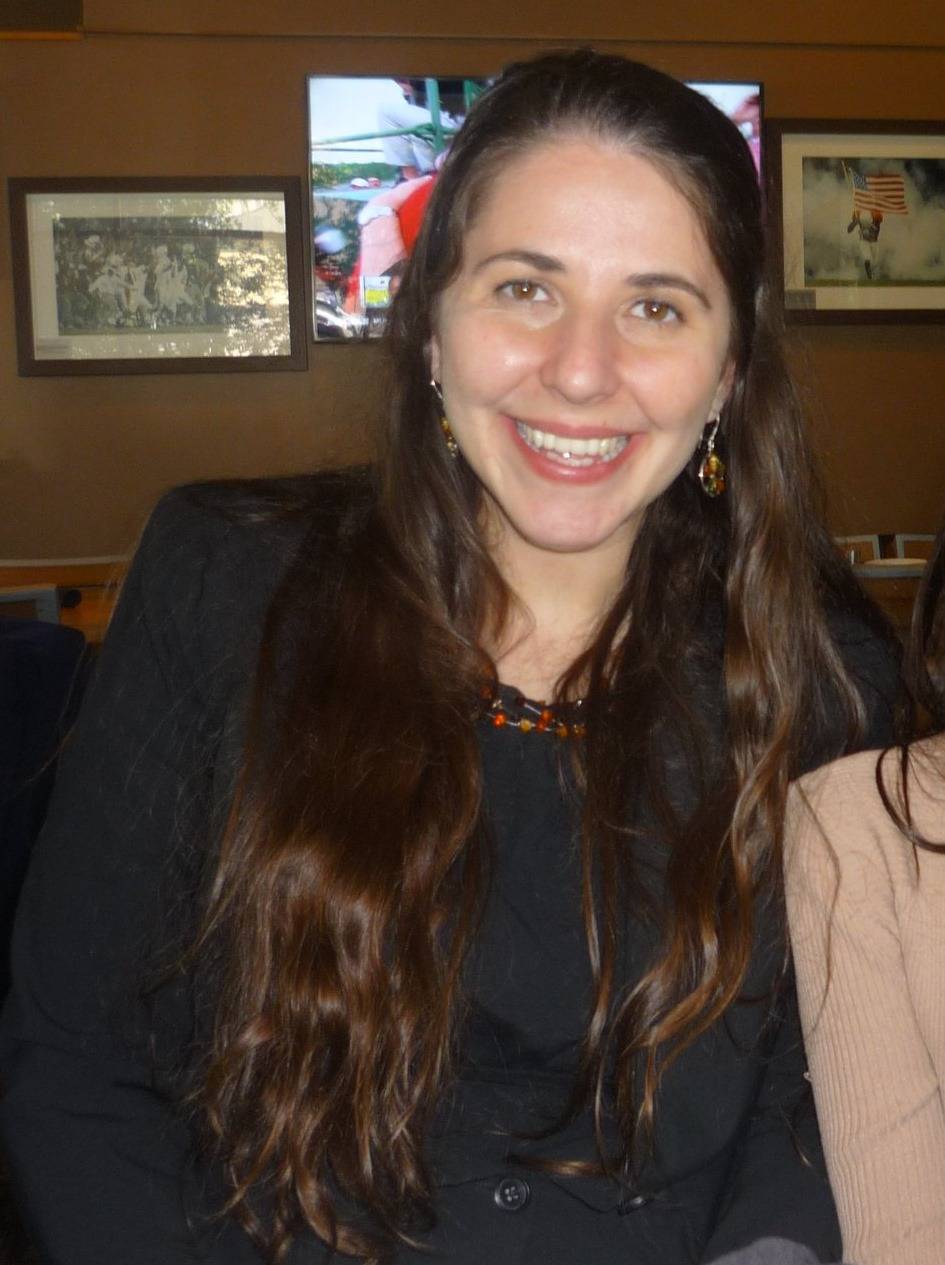Surgery, Settler-Colonialism and Fetal Personhood:
A View from New Spain and Mexico, 1770-1840
Elizabeth O'Brien and Altina Hoti
Tuesday, April 6, 2021
12:30 pm
Online via Zoom
Elizabeth O'Brien and Altina Hoti
Tuesday, April 6, 2021
12:30 pm
Online via Zoom
During the eighteenth century, Catholic authorities became increasingly preoccupied with unborn life. Dovetailing with an Enlightenment-era focus on individuals, authorities in the Spanish empire placed immense emphasis on making the unborn into political vassals of the Crown. Cesarean surgery was a key part of this effort. Priests throughout the Spanish empire performed cesarean surgery on pregnant women, especially those who were dead and dying during labor. The surgery allowed them to baptize unborn children—oftentimes, forcibly incorporating Indigenous communities into the polity of New Spain—as well as to investigate the unborn for signs that they were ensouled from the time of conception. Medical humanities scholars Elizabeth O’Brien and Altina Hoti will discuss their NEH- sponsored translation project on obstetric writings, placing Indigenous and multi-ethnic Mexico at the heart of global histories of fetal personhood. They will discuss why surgical violence is at the root of modern claims about unborn life, and why this continues to affect Church and State approaches to reproductive politics today.
 Elizabeth O'Brien is an Assistant Professor of the History of Medicine at Johns Hopkins University. Her book project is based on her 2019 doctoral dissertation, which was entitled “Intimate Interventions: The Cultural Politics of Reproductive Surgery in Mexico, 1790-1940.” The dissertation received the 2020 Forum for History of Human Science Dissertation Prize, a biennial award which recognizes a recent doctoral dissertation on some aspect of the history of the human sciences. It was also the recipient of the 2020 LACS-SHA Richmond Brown prize, a dissertation award for work on the history of Latin America, the Atlantic World, the Borderlands, and the Caribbean. The book undertakes three main lines of inquiry: first, it analyzes how Catholic theologies of personhood have influenced—and been influenced by—modern medical ideas about pregnancy and reproduction; second, it reveals how racial prejudice has affected Mexican obstetric training and clinical practice; and third, it explores how historians can uncover experiential and embodied histories in Mexico’s rich medical archives. This research has been supported by grants from the American Council of Learned Societies/The Andrew Mellon Foundation, the National Science Foundation, the COMEXUS-Fulbright Program, the Tinker Foundation, the American Historical Association, and the History of Science Society.
Elizabeth O'Brien is an Assistant Professor of the History of Medicine at Johns Hopkins University. Her book project is based on her 2019 doctoral dissertation, which was entitled “Intimate Interventions: The Cultural Politics of Reproductive Surgery in Mexico, 1790-1940.” The dissertation received the 2020 Forum for History of Human Science Dissertation Prize, a biennial award which recognizes a recent doctoral dissertation on some aspect of the history of the human sciences. It was also the recipient of the 2020 LACS-SHA Richmond Brown prize, a dissertation award for work on the history of Latin America, the Atlantic World, the Borderlands, and the Caribbean. The book undertakes three main lines of inquiry: first, it analyzes how Catholic theologies of personhood have influenced—and been influenced by—modern medical ideas about pregnancy and reproduction; second, it reveals how racial prejudice has affected Mexican obstetric training and clinical practice; and third, it explores how historians can uncover experiential and embodied histories in Mexico’s rich medical archives. This research has been supported by grants from the American Council of Learned Societies/The Andrew Mellon Foundation, the National Science Foundation, the COMEXUS-Fulbright Program, the Tinker Foundation, the American Historical Association, and the History of Science Society.
 Altina Hoti is an independent translator and National Endowment for the Humanities Fellow who lives in Tübingen, Germany. Dr. Hoti holds a Ph.D. in Italian Cultural Studies from the Department of French and Italian at the University of Texas at Austin (2019). As an NEH Project Co-Director, Dr. Hoti is collaborating with a team of five other scholars, including Project Director Dr. Elizabeth O’ Brien (JHU), to produce the first English-language translation and critical edition of Francesco Cangiamila’s Embriologia Sacra (1751), a key Enlightenment-era work on fetal personhood in the Catholic world. For the next two years, Dr. Hoti will be working to produce an annotated, full translation of this text, cross-referencing its various editions in French, Spanish, and Latin. While completing her Ph.D. studies at UT Austin, Hoti taught undergraduate Italian courses for seven years, during which time she won a major teaching award, the Interdisciplinary Instruction Award for Extraordinary Leadership and Contributions. She was also twice nominated for the Foreign Language Teaching Excellence Award for Assistant Instructors. She speaks, reads, and writes Albanian (Native), English (Fluent), Italian (Fluent), French (Intermediate), Spanish (Advanced), Turkish (Intermediate), German (Beginner spoken, beginner written). She also reads and writes Latin (Advanced reading/intermediate written).
Altina Hoti is an independent translator and National Endowment for the Humanities Fellow who lives in Tübingen, Germany. Dr. Hoti holds a Ph.D. in Italian Cultural Studies from the Department of French and Italian at the University of Texas at Austin (2019). As an NEH Project Co-Director, Dr. Hoti is collaborating with a team of five other scholars, including Project Director Dr. Elizabeth O’ Brien (JHU), to produce the first English-language translation and critical edition of Francesco Cangiamila’s Embriologia Sacra (1751), a key Enlightenment-era work on fetal personhood in the Catholic world. For the next two years, Dr. Hoti will be working to produce an annotated, full translation of this text, cross-referencing its various editions in French, Spanish, and Latin. While completing her Ph.D. studies at UT Austin, Hoti taught undergraduate Italian courses for seven years, during which time she won a major teaching award, the Interdisciplinary Instruction Award for Extraordinary Leadership and Contributions. She was also twice nominated for the Foreign Language Teaching Excellence Award for Assistant Instructors. She speaks, reads, and writes Albanian (Native), English (Fluent), Italian (Fluent), French (Intermediate), Spanish (Advanced), Turkish (Intermediate), German (Beginner spoken, beginner written). She also reads and writes Latin (Advanced reading/intermediate written).